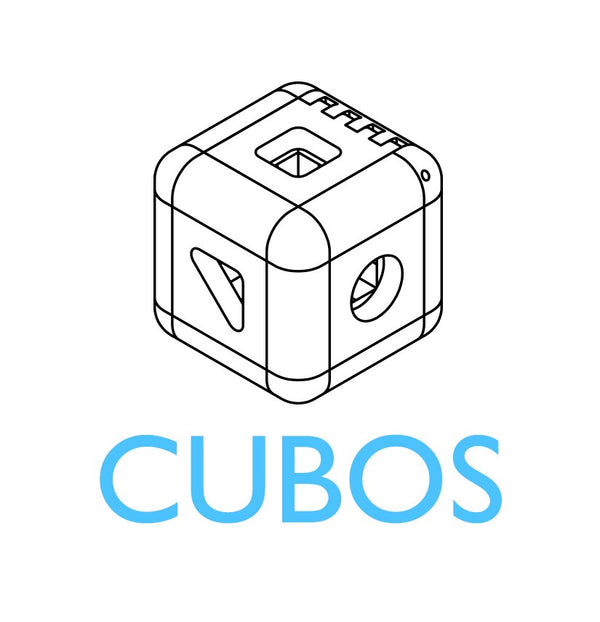Dr. Maria Montessori was a revolutionary figure in the world of education whose ideas and innovations continue to shape the way children learn today. As a physician, she had a deep knowledge and understanding of how children learn and develop, which formed the basis of her educational philosophy.
Montessori's philosophy was based on self-directed learning, where children are encouraged to develop their skills and knowledge at their own pace. This approach differs from traditional education, which relies on instruction and memorization, as it allows children to develop skills through exploration and hands-on activities.
Montessori observed that children are naturally curious and that they learn best when they are allowed to explore the world around them. Her approach to education encourages children to keep, experiment, and explore the world around them, with guidance and support from adults.
Montessori homes and classrooms have become increasingly popular learning environments for parents and children. With a focus on empowering children to learn at their own pace and in their way, these well-designed spaces are both esthetically pleasing and purposeful. As a parent, you can foster your child's innate curiosity by purchasing Montessori toys.
What Are These Montessori Toys?
These toys are specifically designed to be both educational and age-appropriate. Unlike many other toys on the market, Montessori toys are made with natural materials. They are usually simple toys that allow kids to focus on the specific purpose of the toy without unnecessary distractions.
The natural materials used in these toys are often safer and more durable than their plastic counterparts, making them a good choice for children just beginning to explore their environment. The toys are usually quite simple, allowing children to develop their concentration and problem-solving skills. With these, children can learn to focus on one task or concept at a time, allowing them to develop their understanding of the subject.
Differences between Conventional Educational Toys and Montessori Toys
There is a big difference between traditional "learning" toys and their Montessori counterparts when providing children with toys that promote learning and development. Traditional learning toys are designed to teach children specific skills and concepts and often involve technology. On the other hand, the latter is designed to respect the natural developmental timeline of the child.
The primary difference between these two types of toys is that Montessori toys are designed to be used at the child's own pace. Traditional learning toys are often designed to be used in a structured manner to teach the child a particular set of skills. Montessori toys aim to provide the child with an environment that encourages exploration and discovery at their own pace.
Montessori toys often focus on sensory development, language development, and developing fine motor skills. These toys are often colourful and interactive and help to engage the child in a way that traditional learning toys may not be able to. Montessori toys also usually provide an open-ended learning environment, allowing the child to explore and discover in their way.
Conclusion
The Montessori philosophy is a great way to help children develop a love for learning, as it encourages independence and celebrates curiosity and creativity. The Montessori approach is designed to help children explore their natural interests and develop the skills necessary for lifelong learning.
If you want to foster such curiosity in your child, you should invest in the essential Montessori toys from Cubos. Learning should be fun. That’s why we offer a wide range of toys that can foster learning. Shop now!

